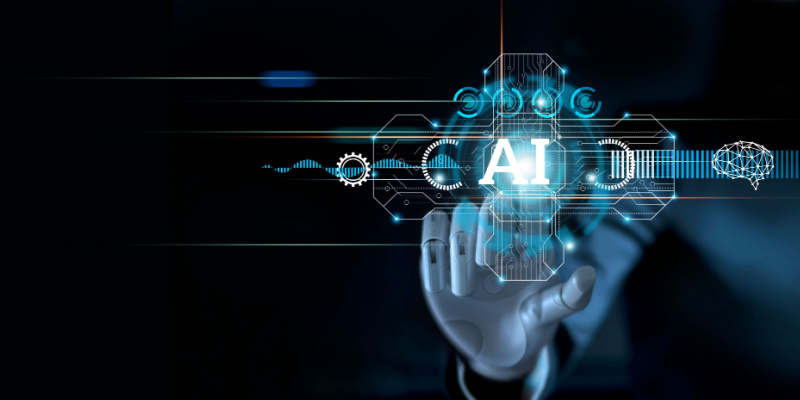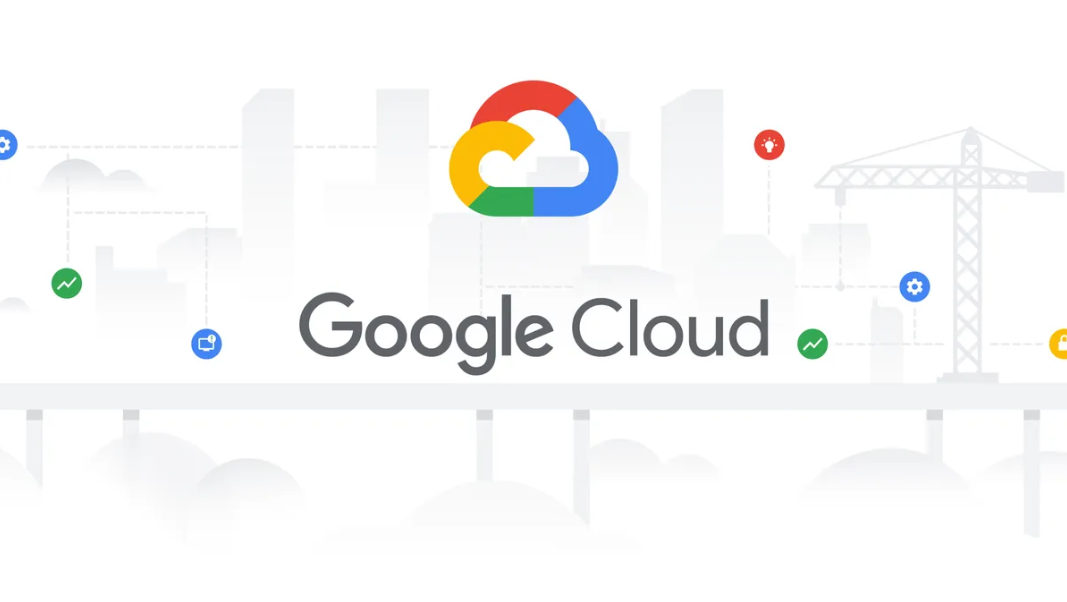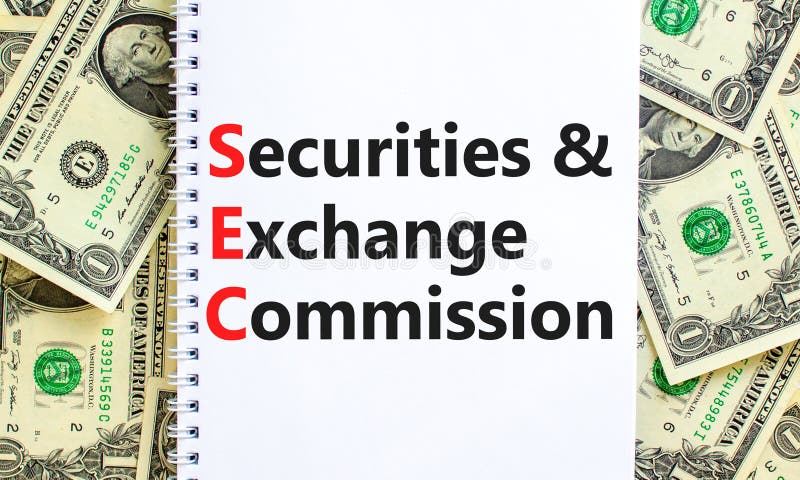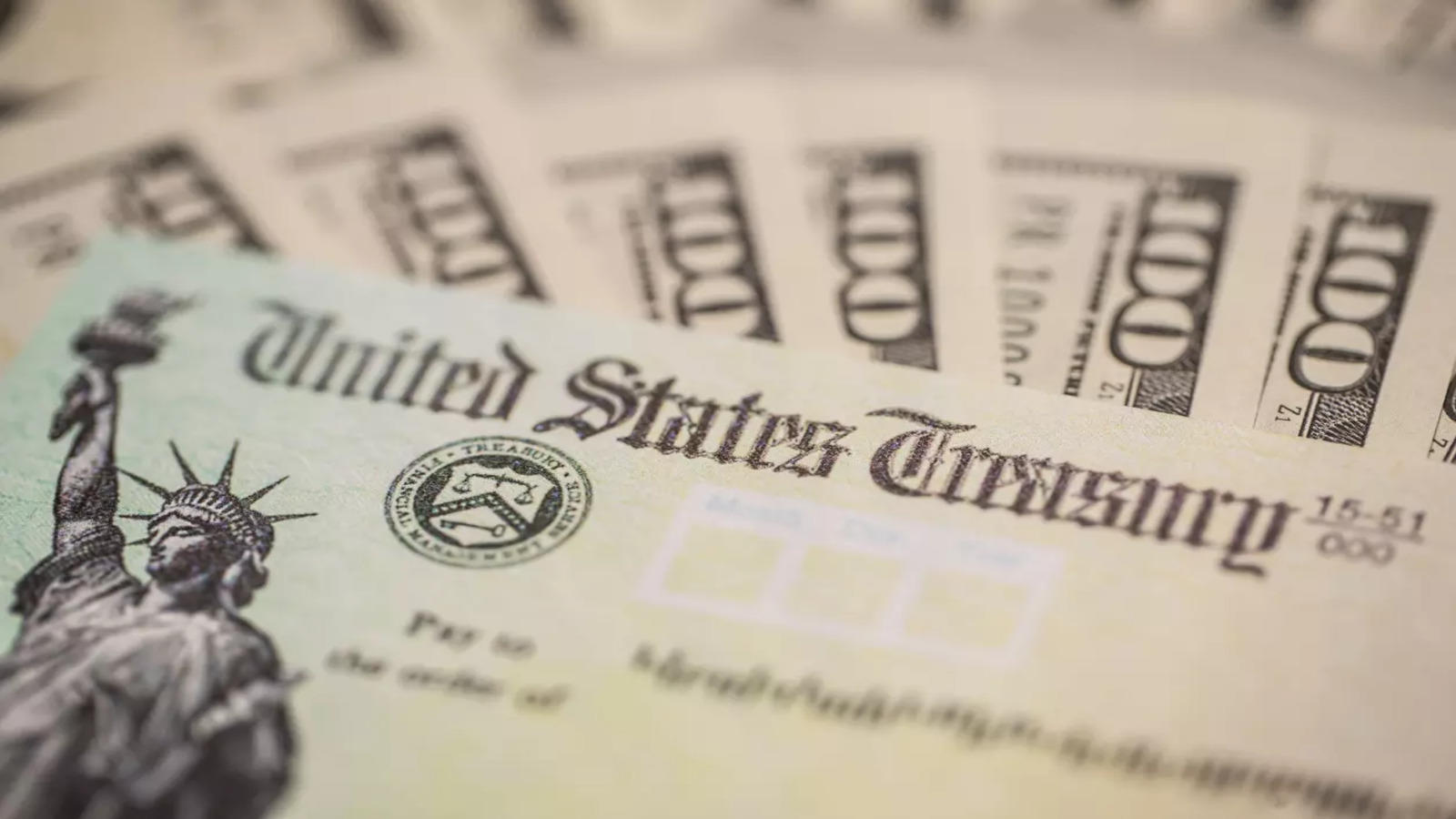Mike Coop, chief investment officer at Morningstar Investment Management, says market participants are “overconfident” in their ability to predict the long-term impact of AI.
Despite the setback so far this month, optimism about AI’s potential to boost future profits has lifted the tech-heavy NASDAQ Composite over 38% for the year, while the S&P 500 is up over 16%.
Some analysts have speculated that a bubble could form because of the concentration of market growth in a few large technology stocks. Shares of Nvidia ended Thursday trading up 190% this year, while Facebook parent company Meta Platforms was up over 154% and Tesla was up 99%.
“If you look back at what happened last year, you can see how we got to this stage. ChatGPT launched in November, companies announced big investments in AI, Nvidia dropped out in May,” Coop said.
Coop added, “And we’ve seen how things have sped up in terms of generative AI. It captured the public’s imagination, and we saw this incredible take off.”
In a recent study, Morningstar drew parallels between the massive valuation rally and the Dot-com bubble of 1999, though Coop says the current rally is characterized because the companies at its core are “established giants with strong competitive advantages.”
“All of our business research shows that the companies that are doing well this year have kind of moat and profitable and sustainable competitive advantages compared to 1999 when you had a lot of speculative companies, so a little more solid footing,” Coop said.
Coop added, “Despite that, prices have risen so much that we feel people are overconfident in their ability to predict how AI will affect things.”
Along with major technological upheavals that have re-aligned civilization—such as electricity, steam and internal combustion engines, computing, and the internet—Coop argued that the long-term effects are unpredictable.
Coop said, “They can take time and winners get away with things that don’t exist. Google is a good example of this. So we think people are excited about it, and that meant the US market came together around a very similar theme.
“Think about what you can predict if you pay a very high price, and consider the best-case scenario for the stock, and remember that as the pace of technological change speeds up, that also means you should be less confident in predicting and. betting on the future and at a very high price,” Coop added.
Coop cited the importance of diversifying portfolios and remaining valuation-aware, which he called “a danger point for investors.”
He advised investors to look at stocks that can insulate portfolios from recession risks and “price at worst” to offer good value alongside bonds that are significantly more attractive than 18 months ago.
“Be aware of the high price you have to pay for the promise that AI may or may not deliver to individual companies,” Coop concluded.





